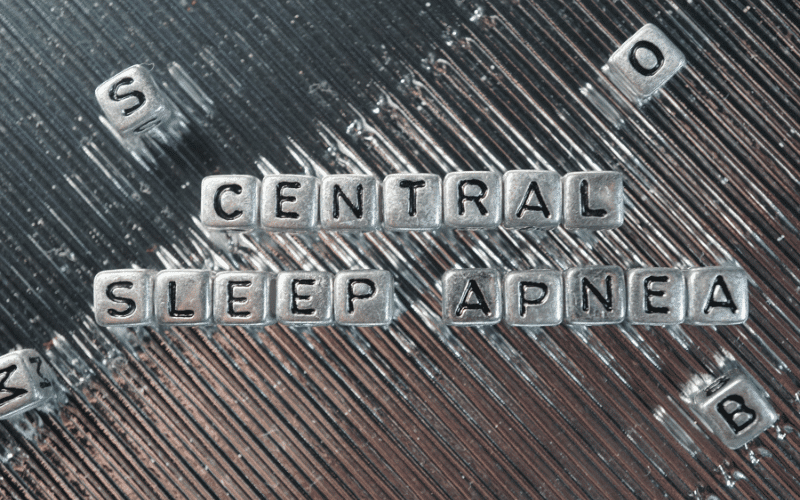Cause 7. Central Sleep Apnea: The Breathing Pause That Steals Your Sleep

Sleep apnea stands as a significant cause of excessive sleeping and daytime sleepiness. This sleep disorder is characterized by recurrent pauses in breathing during sleep, leading to frequent awakenings and fragmented sleep. There are two main types of sleep apnea: Obstructive Sleep Apnea (OSA) and Central Sleep Apnea (CSA). While OSA occurs due to the physical blockage of the airway, CSA results from the brain failing to send appropriate signals to the muscles that control breathing.
These involuntary breathing pauses can occur several times an hour and last for over 10 seconds each time, leading to lower oxygen levels in the blood. As a result, individuals with sleep apnea often experience poor quality of sleep, leading to excessive daytime sleepiness. The fact that their sleep cycle gets interrupted multiple times during the night, often without their awareness, means they wake up feeling unrefreshed and spend their day feeling excessively sleepy or fatigued.
The impact of sleep apnea extends beyond just sleepiness. Untreated sleep apnea can lead to a range of health problems, including hypertension, heart disease, stroke, diabetes, and mental health problems. Additionally, excessive sleepiness in the day can lead to difficulties concentrating, slow reaction times, and mood changes—all of which can affect work performance, impair driving abilities, and decrease overall quality of life.
Diagnosis of sleep apnea often involves a sleep study, or polysomnography, either at a sleep clinic or at home. This study records brain waves, heart rate, breathing patterns, and blood oxygen levels during sleep to help diagnose sleep apnea and determine its severity.(7)